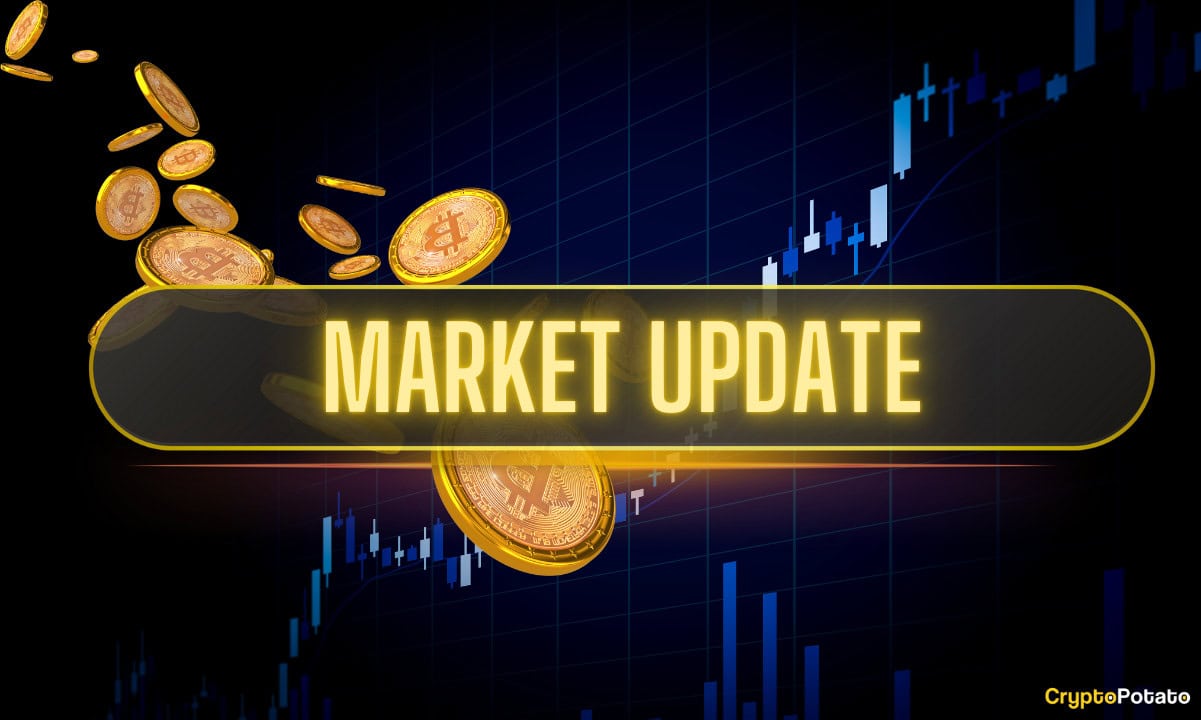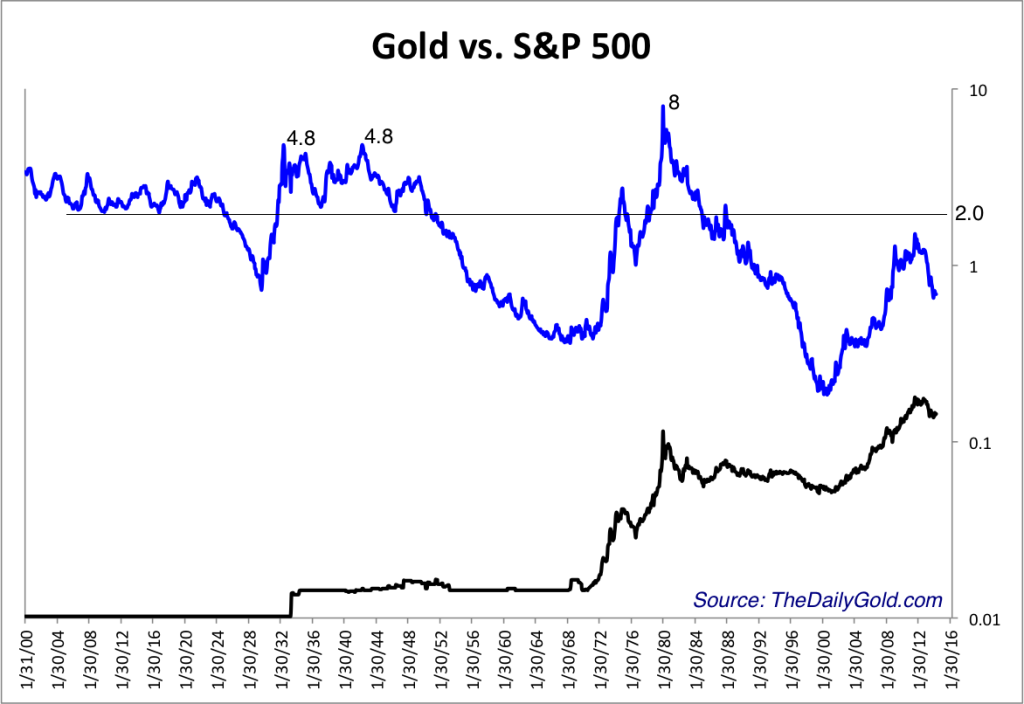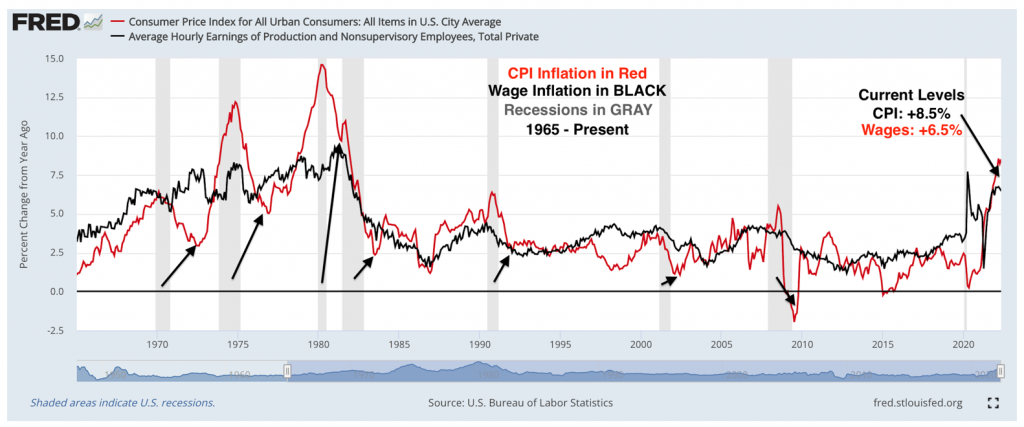Alright folks, buckle up! The economic landscape is getting seriously interesting. The US trade deficit hit a jaw-dropping $140.5 billion in March – a new all-time high. Seriously, that’s a massive hole! But hold on, it’s not all gloom and doom.
Let’s dive into the crypto world. The SEC is fixated on digital assets, mentioning ‘cryptocurrency’ and ‘stablecoins’ more than ever in their filings – a 38% jump from March alone! They’re clearly gearing up for some serious regulation, and it’s gonna shake things up.
Speaking of bullish signs, Goldman Sachs just dramatically upgraded their US GDP forecast to 2.4% for Q2, basically waving off recession fears. And BlackRock is loading up on Bitcoin, adding another 5,613 BTC (worth a cool $529.5 million), bringing their total holdings over 620,000! That’s a massive vote of confidence.
SOL Strategies just deployed $20 million into 122,524 SOL, and Bitwise is planning a NEAR ETF. Bernstein predicts corporations will buy another $330 billion in Bitcoin by 2029. Even Standard Chartered is bullish on BNB, predicting it could quadruple to $2,775 by 2028!
We’re also seeing shifts in global capital flow, with the Taiwanese dollar surging and potentially signaling broader changes in the market. QCP Capital points to this as a possible early sign of adjustments, reminiscent of last year’s yen volatility. And finally, BNB Chain is putting its money where its mouth is, directly investing at least $100k in promising projects on the chain.
Knowledge Points:
A trade deficit occurs when a country imports more goods and services than it exports. Large deficits can indicate economic weaknesses, but also reflect strong consumer demand.
The SEC’s increased focus on crypto signals the need for clear regulatory frameworks. This is crucial for mainstream adoption and investor protection.
Institutional investment in Bitcoin, like BlackRock’s holdings, is a major driver of price and market stability.
ETFs (Exchange Traded Funds) provide easier access to crypto for traditional investors, potentially bringing significant capital into the market.
Global currency fluctuations can impact all markets, including crypto as capital seeks better returns or safer havens.




